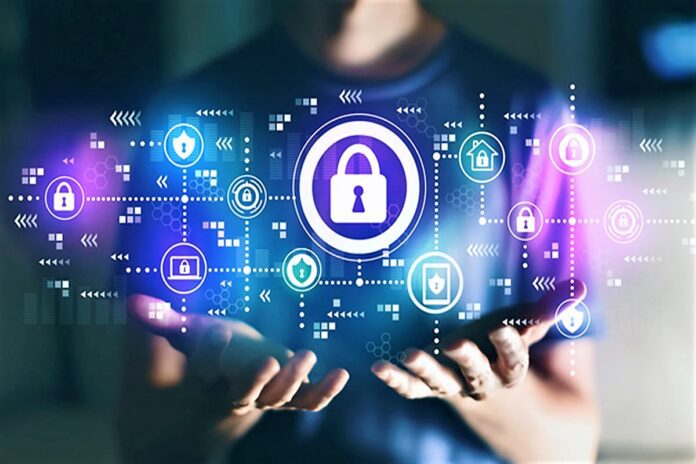There is no shortage of articles on how to keep online security and networks secure. Despite this, many proposals are rejected or forgotten, resulting in an alarming frequency of cyber attacks.
Despite all the buzz about firewalls and VPNs, there are a few less-known security tips that people should keep in mind. Here are my top five:
Be cautious on social security online
We scarcely think twice about what we broadcast on social media. I tell you about my travel plans and my new acquisitions. Hackers can use all of this information to gain access to your computers or even your residences.
Birthdays, pet names, relatives, former schools, and so on can all lead to identity theft.
Share just what is safe on social media. Use user control options to restrict who can see your posts or personal information. Always consider before you push “send” on Facebook, Twitter, or Instagram.
It’s horrible to think about, but if someone can use social media to hurt you, they will.
Avoid public Wi-Fi
Believe it or not, a rogue Wi-Fi hotspot exists. If you connect to one by inadvertently, you expose your device to various threats.
Malicious Wi-Fi connections can infect your device with viruses, malware, or ransomware, causing havoc. Most of them allow hackers to view whatever you type and where you go on your device.
Never work with sensitive data on a public Wi-Fi. Allowing some apps or tools to run on networks other than those you authorize is an option.
Don’t share passwords
Strangely, professionals struggle with this Cybersecurity 101 lesson. Recently, a CIA department was found to have a trove of hacking tools compromised due to members sharing passwords on an open intranet.
It spread.
If professionals make this error, so do regular computer users. We wish to trust our coworkers and customers. Sadly, that isn’t always the case, and you don’t want to risk your company’s reputation.
Smart organizations won’t share passwords with anyone but confirmed, authorized users.
Look into creating temporary, limited accounts or “view only” file-sharing options if you need to temporarily access an account or share information.
Don’t leave passwords lying around
When it comes to password security, never write down a password and then leave it out where anyone can find it. This is especially true if your office has numerous outside visits.
In an ideal world, you should never write passwords down. However, complicated passwords might be difficult to learn, especially if numerous passwords are used.
Keeping passwords in a text file on a computer invites intrusion. Password keeper systems may be an option, although they are not always secure.
If you must write down a password, do so on a piece of paper, ideally without any contextual hints, and keep it in a locked drawer or safe.
Don’t use a post-it on your desk. No… the first place to look is under your keyboard.
Stay on top of online security updates
Keep up with online security updates and software updates. Software developers are constantly trying to improve performance and security.
Follow up on update notifications on your laptop, desktop, or mobile device. These can be pop-ups, SMS, or emails. Prevent clicking on bogus links by verifying that a communication is real.
However, updating your system makes it more secure. Delaying it leaves your network vulnerable to cyber-attack.
Essential cybersecurity doesn’t have to be a chore. The preceding solutions are all simple to implement. Your PCs, networks, and mobile devices will be more secure and resistant to cyberattacks. Visit Next-door cybersecurity services to find the best online security solutions for your business.
